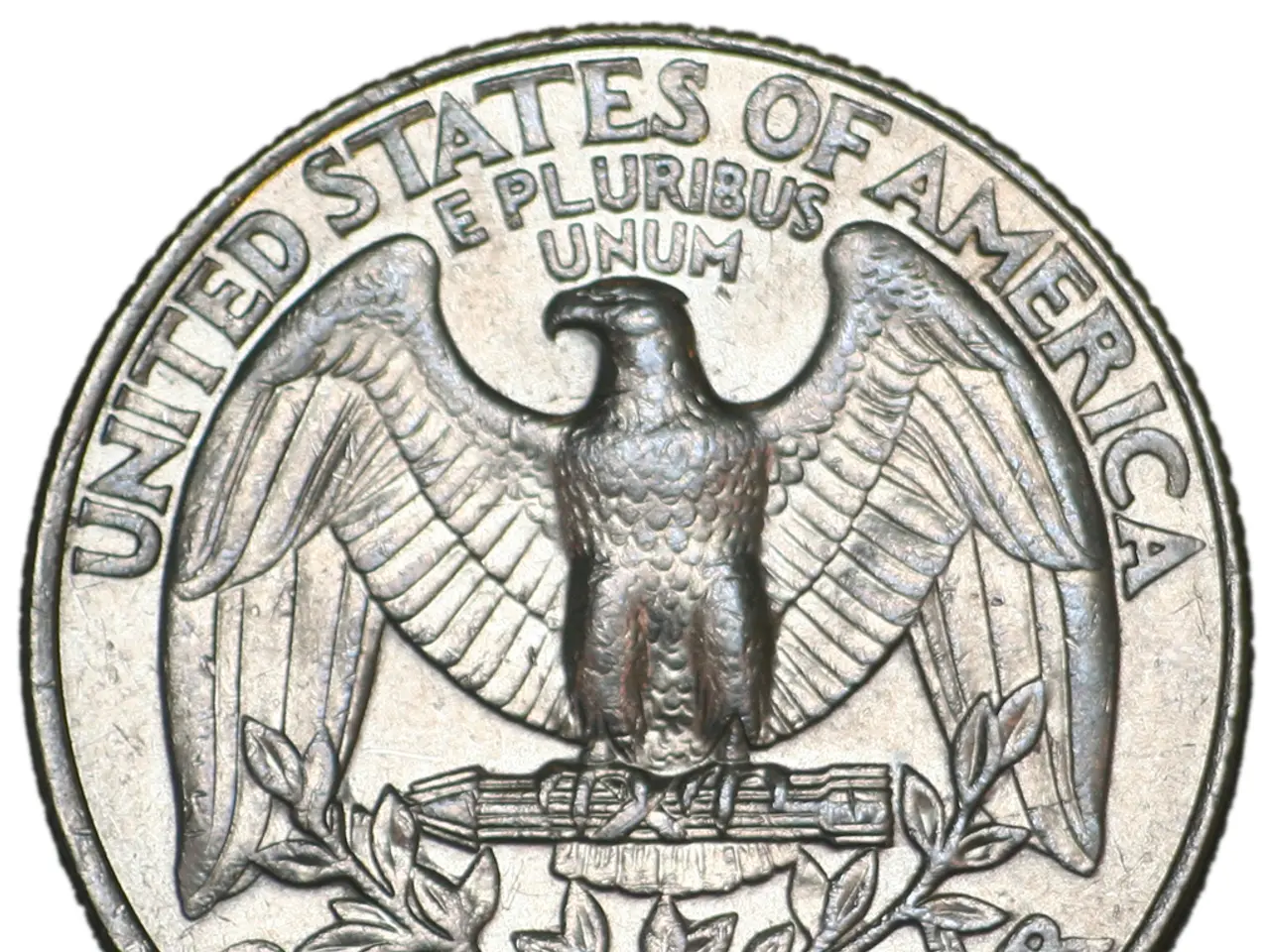Circle Freezes $58M in USDC Targeting LIBRA Memecoin Scam
Circle, the company behind the USDC stablecoin, has made a significant move in the ongoing legal battle against the LIBRA memecoin scam. In an unprecedented action, Circle has frozen nearly $58 million in USDC, marking the first known instance of the company targeting a memecoin in a legal dispute.
The freeze was part of an ongoing lawsuit led by Burwick Law, which names several parties, including Hayden Davis, Kelsier Ventures, Meteora, Ben Chow, Kip Protocol, and members of the Davis family. Circle's action comes as a departure from its previous stance, where it had not targeted memecoins in legal or regulatory actions, unlike its competitor Tether.
The frozen funds, totaling $58 million, are now under Circle's control, potentially opening a path for restitution to the plaintiffs. This move has been praised for its swiftness, contrasting with previous criticisms of Circle's response time in cases like the $1.5 billion Bybit hack in February 2025. Notably, Circle acted within just 12 hours of Burwick Law's post, demonstrating a proactive approach to combating illicit activities in the cryptocurrency sphere.
The freezing of $58 million in USDC linked to the LIBRA memecoin scam highlights Circle's commitment to addressing legal issues within the cryptocurrency ecosystem. As the first known instance of Circle targeting a memcoin, this action sets a precedent for the company's future involvement in similar disputes. The swift response also addresses previous criticisms of Circle's reaction time, potentially restoring confidence in the company's ability to protect users and enforce legal standards in the volatile world of cryptocurrency.
Read also:
- Chile's $10B Green Energy Project Threatens World-Class Observatory
- Exploring Harry Potter's Lineage: Decoding the Enigma of His Half-Blood Ancestry
- Elon Musk Acquires 26,400 Megawatt Gas Turbines for Powering His AI Project, Overlooks Necessary Permits for Operation!
- Ontario terminates $100M Starlink agreement due to U.S. import taxes






